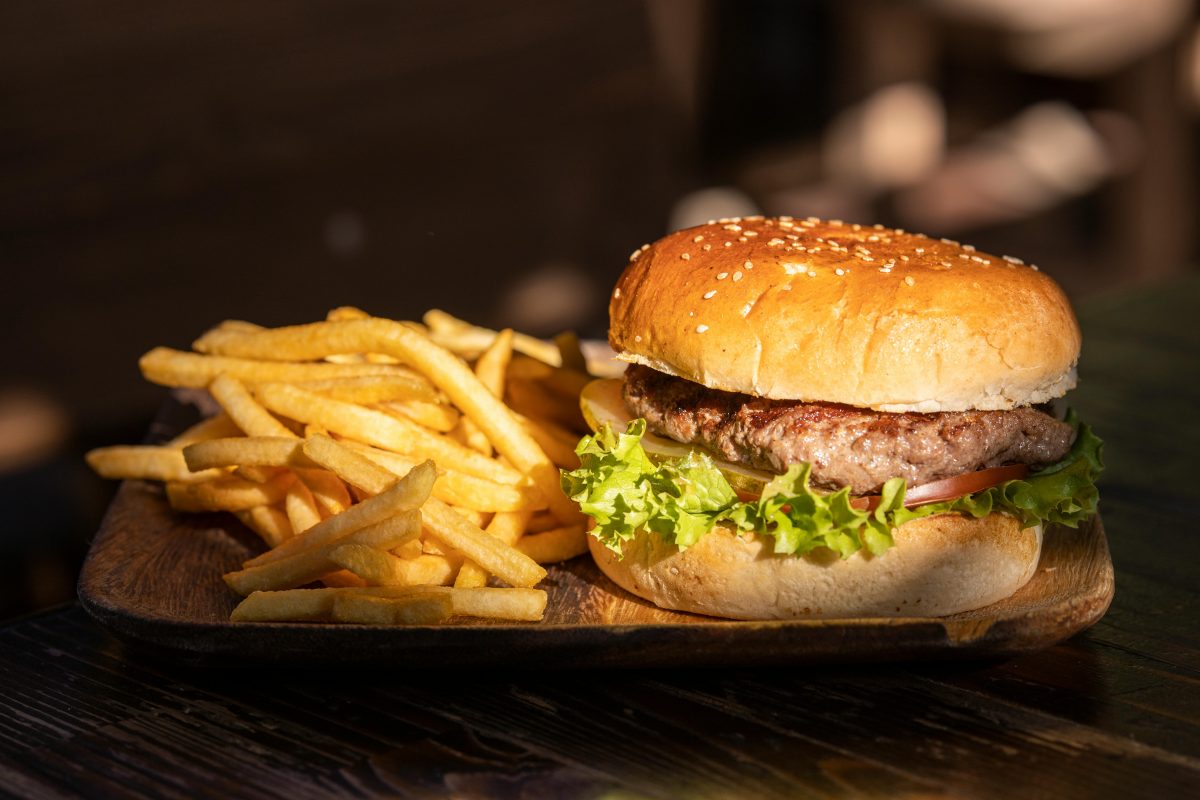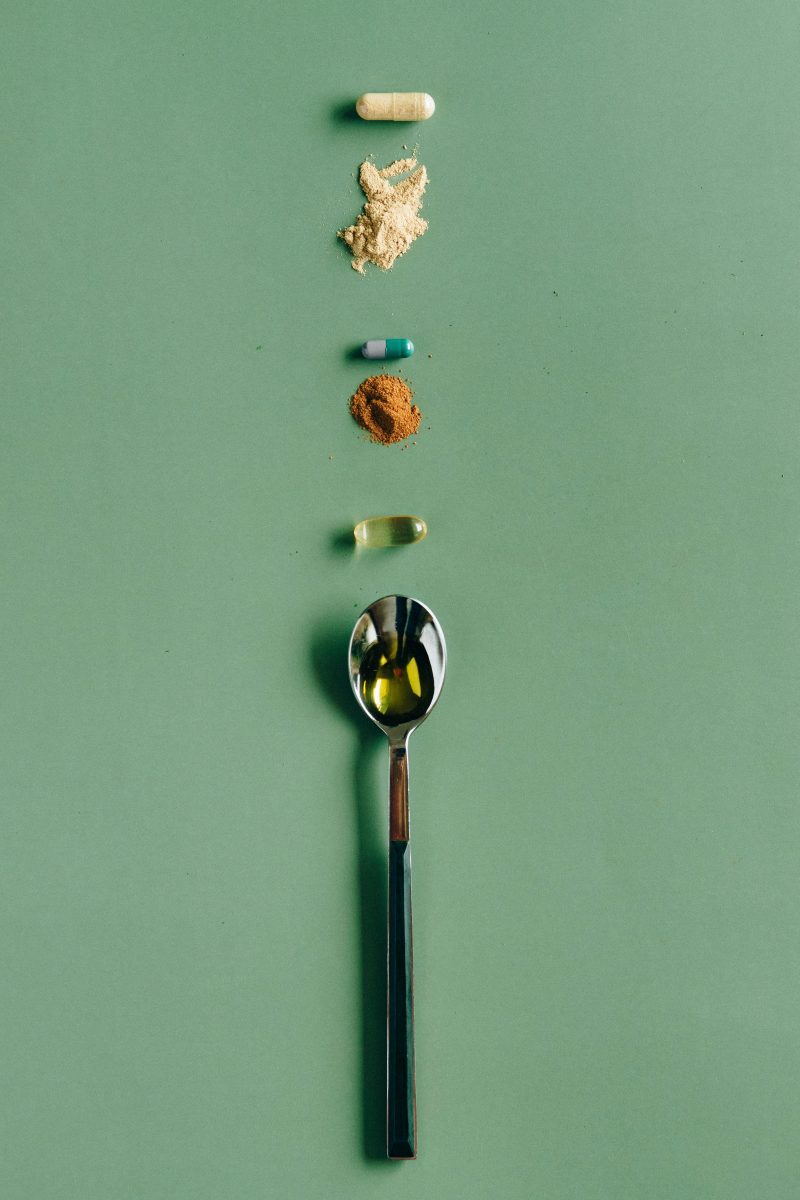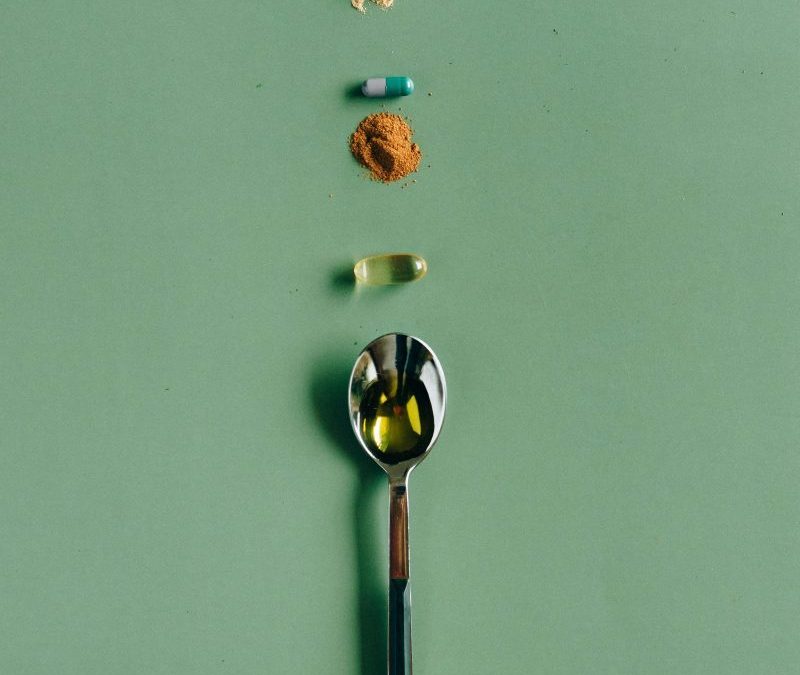Last Updated on: 14th July 2024, 08:53 am
Understanding the Basics of Muscle Gain

Nutrition plays a pivotal role in muscle development, acting as the foundation upon which strength is built. A caloric surplus, simply put, means consuming more calories than your body expends. This surplus is the fuel for muscle growth, providing the energy needed for your workouts and the building blocks for recovery and muscle synthesis. It’s essential; without it, gaining muscle is an uphill battle.
- Macronutrients – protein, carbohydrates, and fats – each serve unique roles in muscle gain.
- Protein is the cornerstone, repairing and building muscle fibers after strenuous workouts.
- Carbohydrates are the main energy source, fueling your exercises and aiding in recovery.
- Fats, often misunderstood, are crucial for hormone regulation, including those responsible for muscle growth.
By understanding these basics, you’re laying the groundwork for effective muscle gain. It’s a symphony of nutrition and hard work, but with the right knowledge, the results can be extraordinary.
The Importance of Protein

At the heart of muscle gain, protein stands as an indispensable ally. Its role? To repair and build the very fibers that constitute our muscles. After pushing your limits through exercise, your muscles are in a state of repair. Protein swoops in, providing the essential building blocks to mend the micro-tears caused by strenuous workouts, facilitating growth and strength.
- For optimal muscle gain, lean meats like chicken and turkey, fish, eggs, and plant-based options such as lentils and chickpeas, reign supreme.
- Calculating your daily protein needs is simpler than it seems. A general guideline is to consume approximately 0.7 to 1 gram of protein per pound of body weight.
Embracing a diet rich in high-quality protein is not just a step but a leap towards achieving your muscle gain objectives. It’s the fuel that powers the engine of growth, making it an essential component of your nutrition strategy. With the right protein sources and adequate intake, you’re setting the stage for significant gains, sculpting the strong, resilient body you’re working hard to achieve.
Nutrition Tips for Muscle Gain

The Role of Carbohydrates and Fats
- Carbohydrates are not just fuel; they are the very foundation of your workout and recovery. Imagine them as the spark that ignites the fire, providing the energy needed for intense training sessions and aiding in the swift recovery of glycogen stores post-exercise.
- Fats are indispensable for hormone regulation, including testosterone and growth hormone, both vital for muscle growth. They also support cellular health and provide a sustained energy source.
Balancing these macronutrients is an art as much as it is a science. For optimal muscle gain, your diet should not only focus on protein intake but also ensure a healthy balance of carbohydrates and fats. This balance supports not just recovery and hormone regulation but also provides the energy and nutrients necessary for muscle growth. It’s about creating a symphony of nutrients that work in harmony to fuel your body and support your fitness goals.
Timing Your Nutrition for Maximum Gains

The Anabolic Window: Myth or Reality?
The concept of the anabolic window suggests a limited time post-workout when your body is exceptionally receptive to nutrients, particularly protein, for muscle repair and growth. While the window’s existence is debated, the consensus leans towards its reality, albeit with a broader timeframe than previously thought. Consuming protein within 1-2 hours post-exercise can indeed optimize muscle synthesis, making it a strategy worth incorporating for maximum gains.
Pre- and Post-Workout Nutrition Strategies
- Pre-workout nutrition is all about fueling your session. Carbohydrates are your best friend here, providing the energy necessary to power through your workout.
- Post-workout, the focus shifts to recovery. Here, protein takes center stage, repairing the micro-tears in muscle fibers caused by strenuous activity.
The Impact of Meal Timing on Muscle Synthesis
Meal timing can play a crucial role in muscle synthesis, influencing your body’s ability to repair and build muscle. Regularly spaced meals, rich in protein, ensure a steady supply of amino acids, crucial for ongoing muscle repair and growth. This approach not only supports muscle synthesis throughout the day but also aids in preventing muscle breakdown, a key factor for those aiming for maximum gains.
In conclusion, while the anabolic window may not be as narrow as once thought, timing your nutrition around your workouts—both before and after—can significantly impact muscle synthesis and recovery. By strategically balancing your intake of carbohydrates and protein, you’re not just fueling your body; you’re setting the stage for optimal muscle growth. Remember, consistency in your nutrition strategy is as important as the strategy itself, forming a cornerstone of your muscle gain journey.
Hydration: The Unsung Hero of Muscle Gain

The Role of Water in Muscle Health
Water is the lifeblood of muscle health, facilitating the transport of nutrients essential for muscle repair and growth. It’s a key player in synthesizing protein within the muscles, making hydration a critical factor for those aiming to gain muscle mass. Without adequate water, your muscles struggle to perform and recover, hindering your progress.
How Dehydration Affects Performance and Recovery
Dehydration is the nemesis of peak performance and swift recovery. Even a slight lack of hydration can lead to reduced strength, endurance, and increased fatigue, making your workouts feel significantly harder. Post-exercise, dehydration slows down the recovery process, prolonging muscle soreness and delaying the gains you work hard for. It’s a simple equation: less water equals less muscle repair and growth.
Tips for Staying Adequately Hydrated
Staying hydrated might seem straightforward, but it requires mindfulness and consistency. Begin your day with a glass of water and keep a bottle handy during workouts to sip regularly. Don’t wait until you’re thirsty; by then, you’re already on the path to dehydration. Aim for clear or light yellow urine as a sign of proper hydration. Incorporating water-rich foods like fruits and vegetables into your diet can also boost your water intake, making hydration a delicious part of your muscle gain journey.
In conclusion, while protein, carbohydrates, and fats grab the headlines in muscle gain discussions, never underestimate the power of hydration. It’s the silent partner in your quest for strength, supporting every step of your muscle-building journey. Drink up and watch your performance soar.
Supplements for Muscle Gain

The Role of Supplements in a Muscle-Building Diet
While a well-rounded diet is the cornerstone of muscle growth, supplements can provide an extra edge. They fill nutritional gaps, enhance performance, and speed up recovery. When used in conjunction with a balanced diet, supplements can help you reach your muscle-building goals more efficiently.
Creatine, BCAAs, Whey Protein, and Other Popular Supplements
- Creatine: A powerhouse known for boosting performance and muscle mass. It helps regenerate ATP, the energy currency of the cell, allowing for longer and more intense workouts.
- BCAAs: Branched-chain amino acids, the building blocks of protein, vital for muscle repair.
- Whey Protein: A fast-absorbing source of high-quality protein, making it ideal for post-workout recovery.
These supplements are among the most researched and trusted in the fitness community.
Navigating the Supplement Market: What to Look for and What to Avoid
When exploring the vast supplement market, opt for products with:
- Transparent ingredient lists
- Third-party testing
Avoid supplements with:
- Proprietary blends where ingredient amounts aren’t disclosed
- Excessive fillers, artificial colors, or banned substances
Quality is paramount; it’s about what your body truly needs to amplify your efforts.
In conclusion, supplements can be a valuable addition to your muscle gain regimen. Creatine, BCAAs, and whey protein stand out for their proven benefits. However, it’s crucial to choose high-quality products and use them to complement, not replace, a nutrient-dense diet. With the right approach, supplements can help pave the way to greater strength and muscle growth.
Putting It All Together: A Sample Muscle-Building Meal Plan

Designing a Balanced Meal Plan for Muscle Gain
Creating a meal plan for muscle gain involves more than just piling on the protein. It’s about finding the right balance of macronutrients to fuel workouts and recovery while supporting overall health. A well-structured plan includes a variety of foods to ensure you’re getting a broad spectrum of vitamins, minerals, and antioxidants.
Sample Meals and Snacks That Support Muscle Growth
- Breakfast: Scrambled eggs with spinach, whole-grain toast, and avocado, offering a mix of protein, healthy fats, and carbohydrates.
- Lunch: Quinoa salad with grilled chicken, mixed vegetables, and a lemon-tahini dressing provides a perfect blend of nutrients.
- Dinner: Salmon with sweet potato and broccoli, a meal rich in omega-3s, complex carbs, and fiber.
Snacks are just as important. Consider:
- Greek yogurt with berries
- A handful of almonds
- A protein shake
to keep your energy up and support muscle repair throughout the day.
Adjusting Your Diet as Your Body and Goals Change
As you progress in your fitness journey, your body’s needs will evolve. Regularly assess your goals, performance, and physical changes. You might need to increase your caloric intake to support further muscle growth or adjust your macronutrient ratios to lean out. Listening to your body and being willing to modify your meal plan is key to continued success.
Remember, consistency is crucial. A well-planned diet, tailored to your unique needs and goals, is a powerful tool in achieving muscle gain. Combine this with dedication to your workouts, and you’ll see remarkable results.
In Closing
Muscle gain is a symphony of nutrition and effort. This journey marries hard work with strategic eating, creating a path to strength. By balancing proteins, carbohydrates, and fats, and not overlooking hydration and supplements, individuals can sculpt the resilient body they aspire to. Embrace this nutritional strategy with consistency, and witness your muscle-building ambitions come to fruition.
Nutrition Tips for Muscle Gain FAQs
Yes, dietary fats are essential for muscle growth as they are involved in hormone production, including hormones like testosterone that are crucial for muscle synthesis. Healthy fats, such as those found in avocados, nuts, seeds, and fatty fish, should be included in your diet. However, it’s important to balance your fat intake with your overall caloric and nutritional needs.
Yes, stress can negatively affect muscle gain by increasing levels of cortisol, a hormone that can lead to muscle breakdown. Managing stress through techniques like meditation, adequate sleep, and regular physical activity can help minimize its impact on muscle growth. Keeping stress at bay is important not just for muscle building but for overall health.
Hydration is extremely important for muscle gain, as water plays a key role in nutrient transport and muscle function. Being well-hydrated ensures that your body can efficiently transport the nutrients necessary for muscle repair and growth to your cells. Additionally, adequate hydration can help prevent fatigue and optimize performance during workouts.
Aim for 7-9 hours of sleep per night to support muscle growth. Sleep is crucial for recovery, as it’s during this time that your body repairs and builds muscle tissue, especially after workouts. Lack of sleep can also affect hormone levels that are critical for muscle growth, such as growth hormone and testosterone.
Eating every three to four hours can help optimize muscle growth. This frequent eating schedule helps maintain a constant supply of nutrients, especially amino acids from protein, to your muscles, which is crucial for stimulating muscle synthesis. Make sure these meals are balanced, containing a good mix of proteins, carbohydrates, and fats.
Yes, eating a meal or snack that contains both protein and carbohydrates 1 to 3 hours before your workout can enhance performance and muscle growth. This pre-workout nutrition helps to increase energy levels, reduce muscle protein breakdown during exercise, and increase muscle protein synthesis afterward. The exact timing and composition of your meal can vary based on personal preference and digestive comfort.
The timing of protein intake can play a role in optimizing muscle repair and growth, particularly consuming protein within a window of about 30 minutes to two hours after your workout. This post-workout period is when your muscles are most receptive to using protein for repair and growth. However, total daily protein intake is ultimately more important than the exact timing of protein consumption.
Carbohydrates are crucial for muscle gain as they provide the energy needed for your workouts and help with recovery. Consuming adequate carbohydrates helps replenish glycogen stores in your muscles, which get depleted during intense training. This not only supports energy and performance but also aids in the muscle-building process by reducing protein breakdown.
To gain muscle, focus on consuming more protein-rich foods such as chicken, fish, eggs, dairy products, and legumes. Protein is essential for muscle repair and growth, so aim for at least 1.6 to 2.2 grams of protein per kilogram of body weight per day. Additionally, ensure you’re getting enough calories to support your muscle-building activities.
For muscle gain, consider supplements like whey protein, creatine, and branched-chain amino acids (BCAAs). Whey protein is effective for increasing protein intake, creatine can enhance performance and muscle growth, and BCAAs may help with muscle recovery and reduce fatigue. Always consult with a healthcare professional before starting any new supplement regimen.
Orlando is a all round athlete from Australia, now resident in Germany. His sports of passion of American Football(Offensive line), weight training and indoor rock climbing where he uses his 195cm wing span to his advantage.



